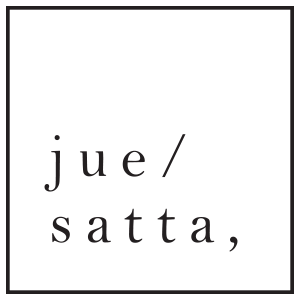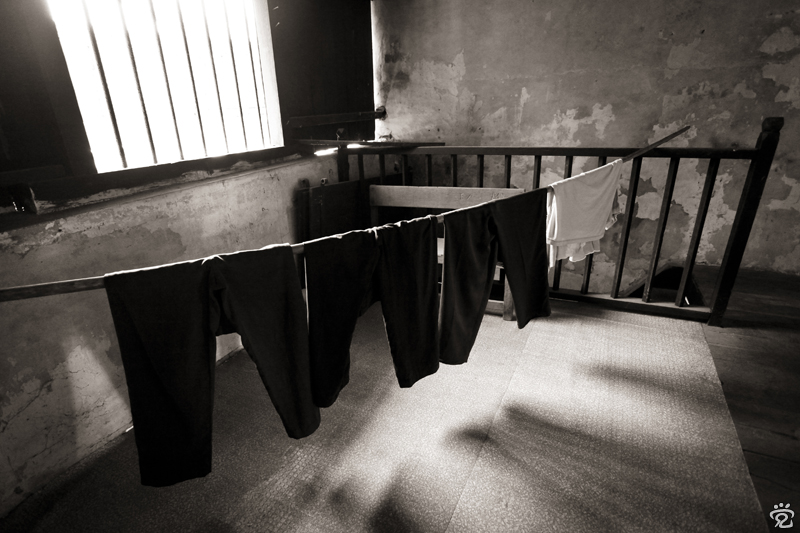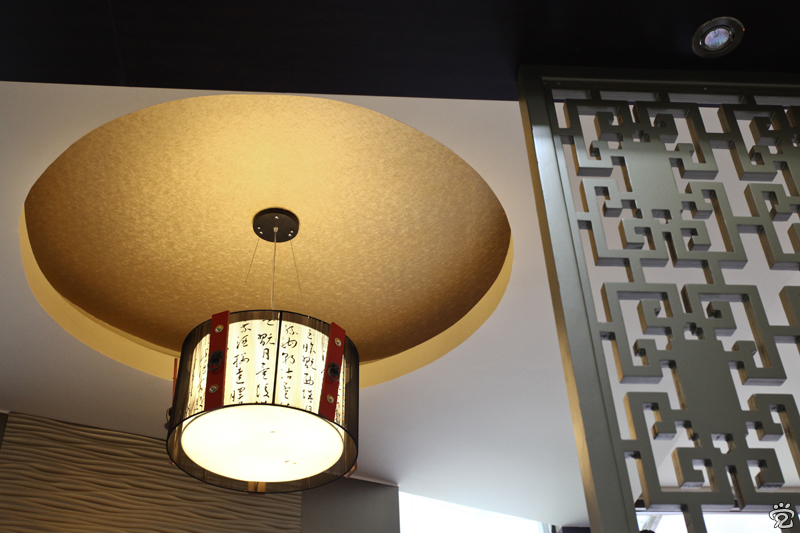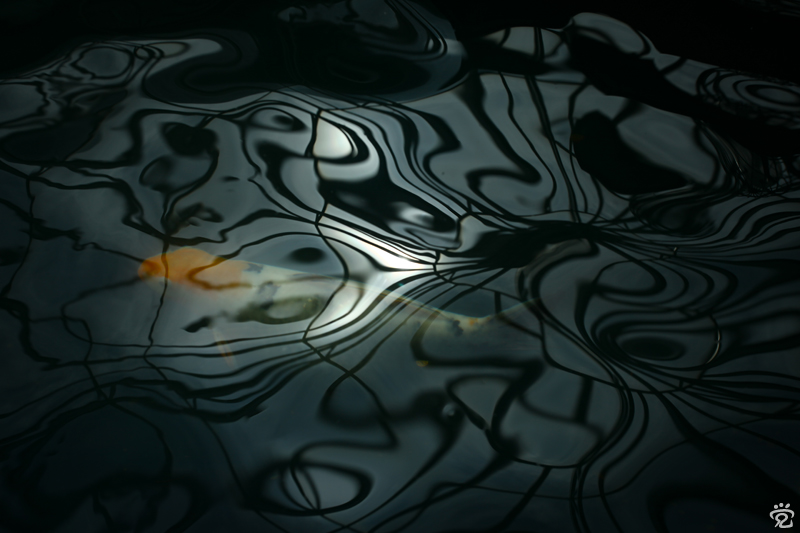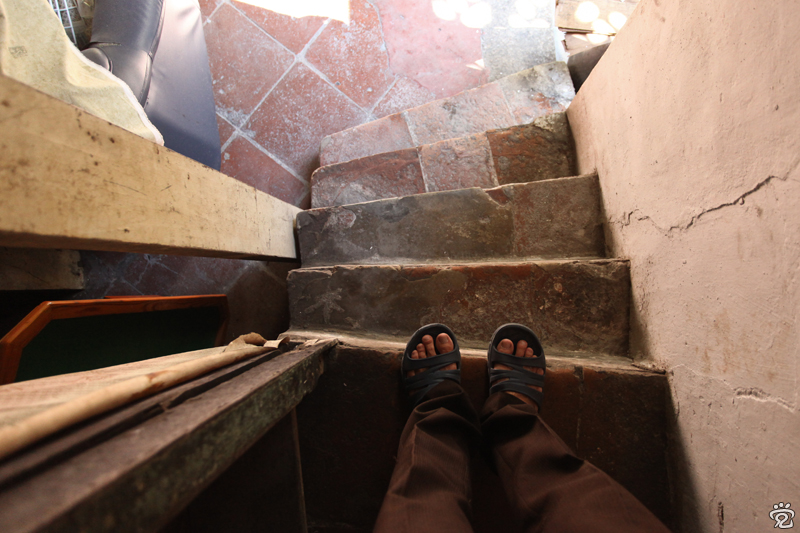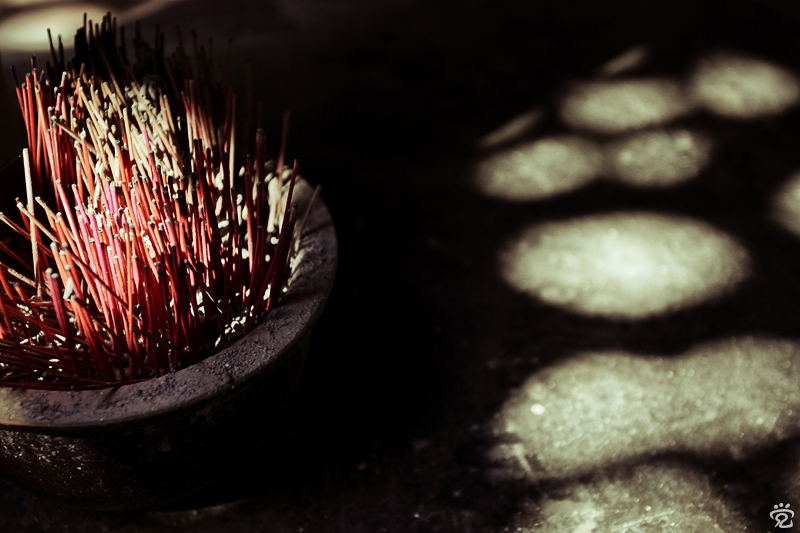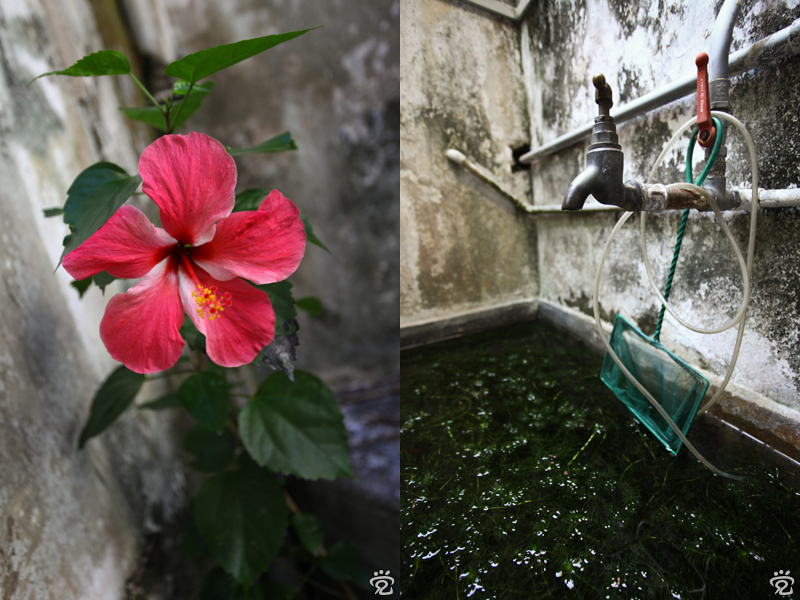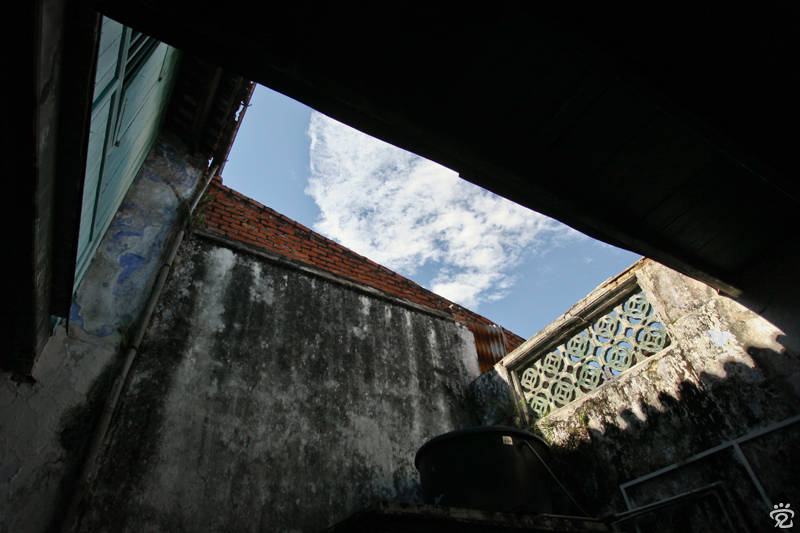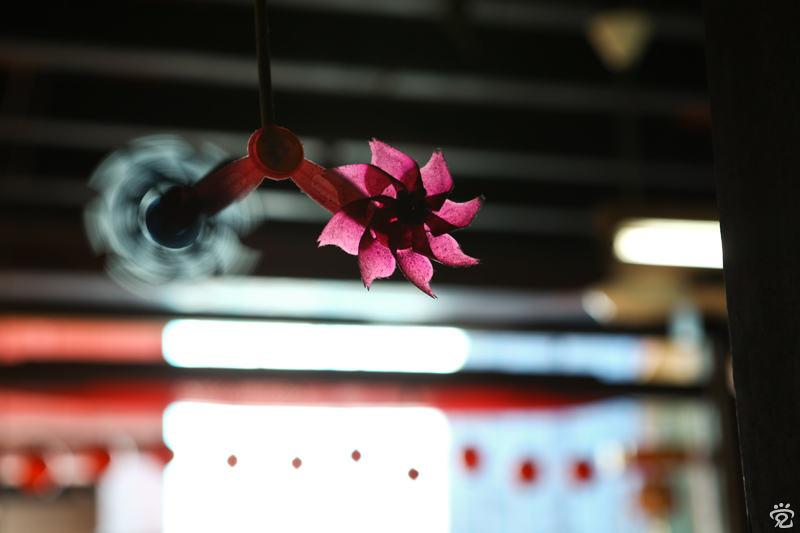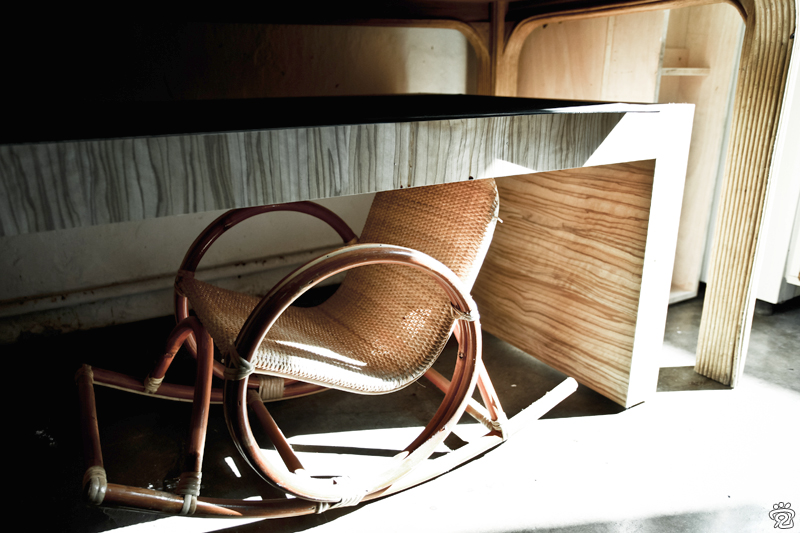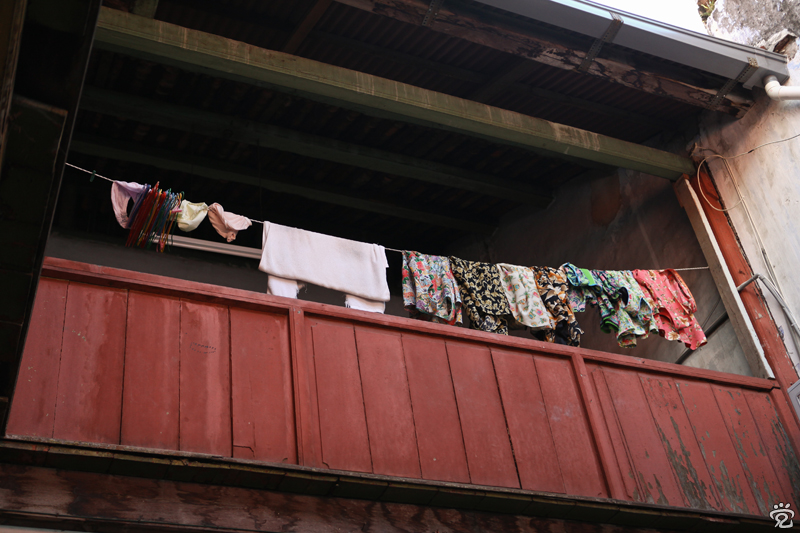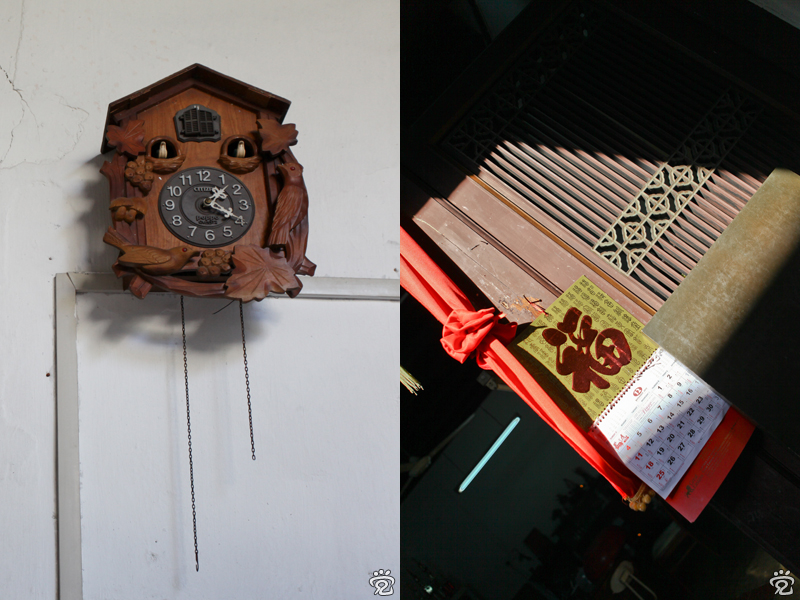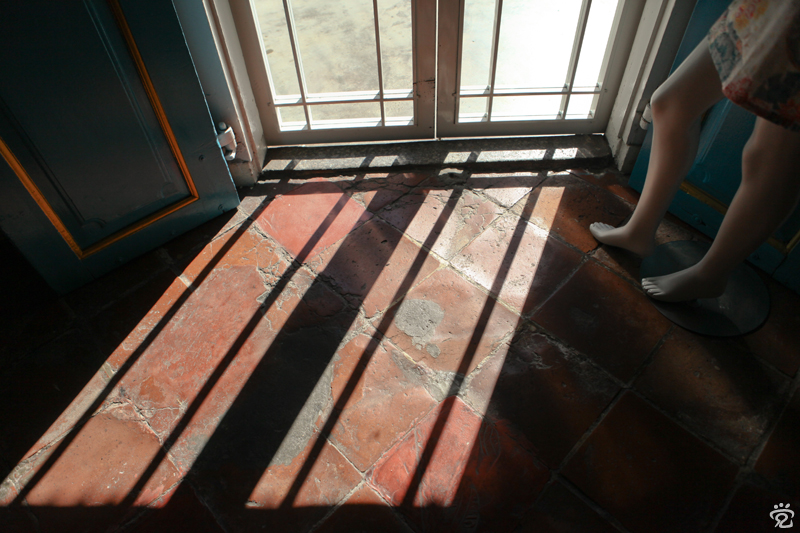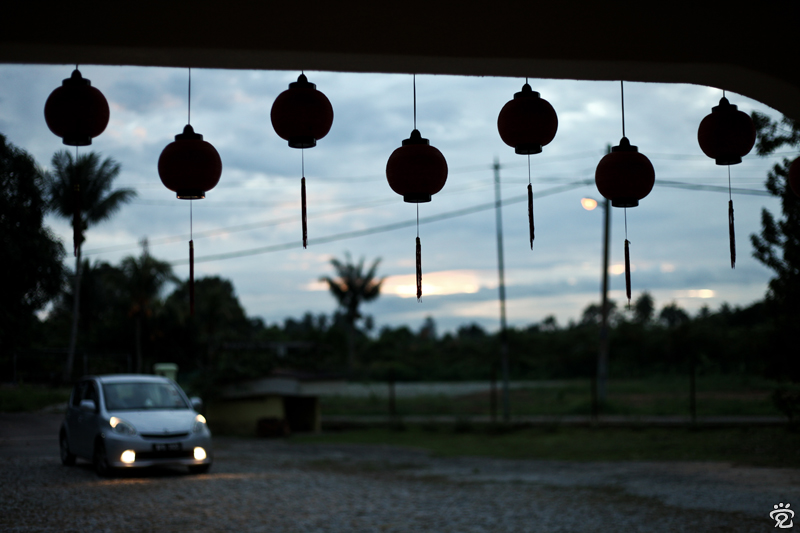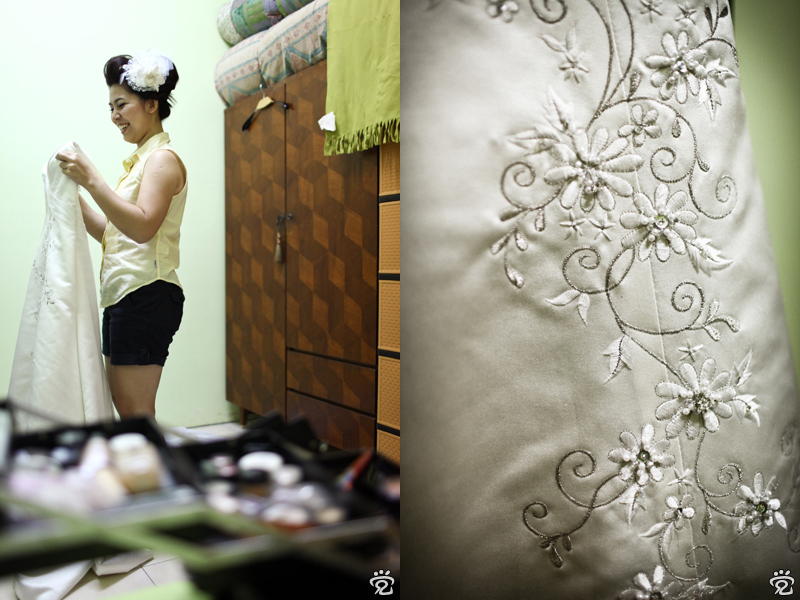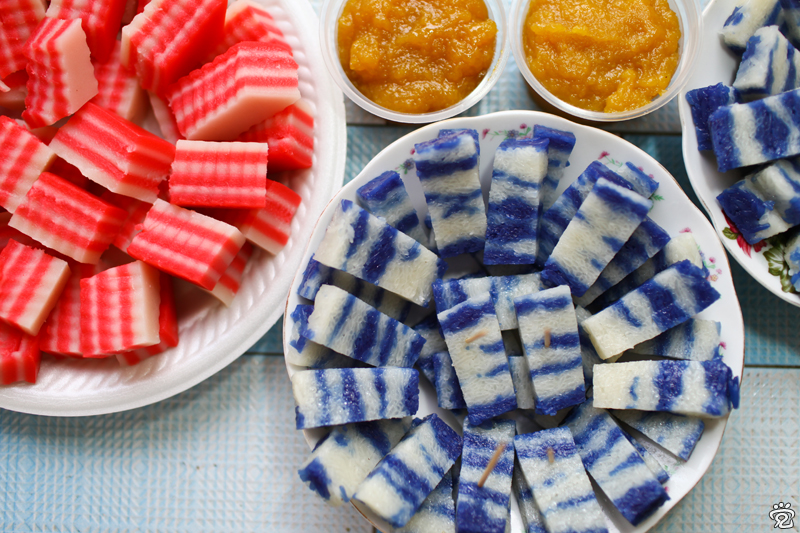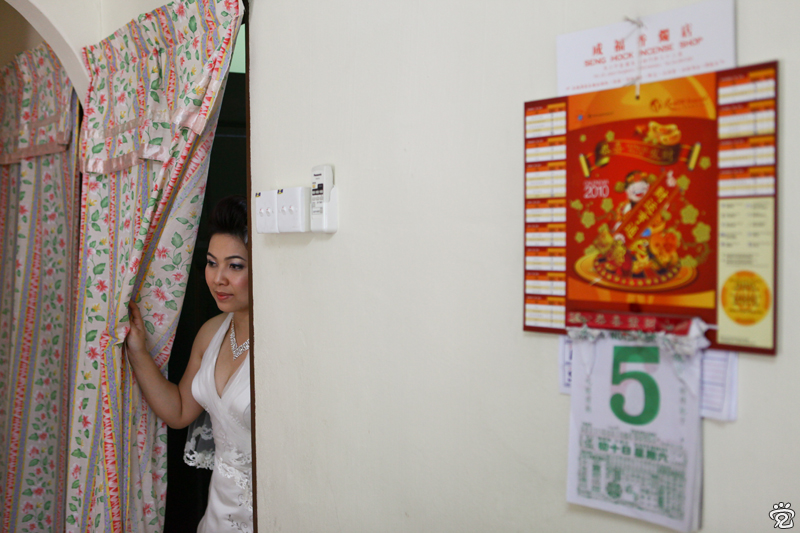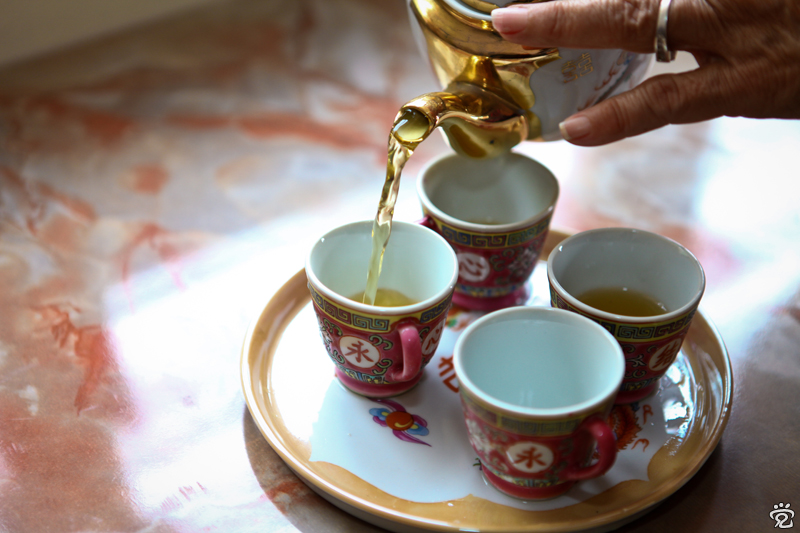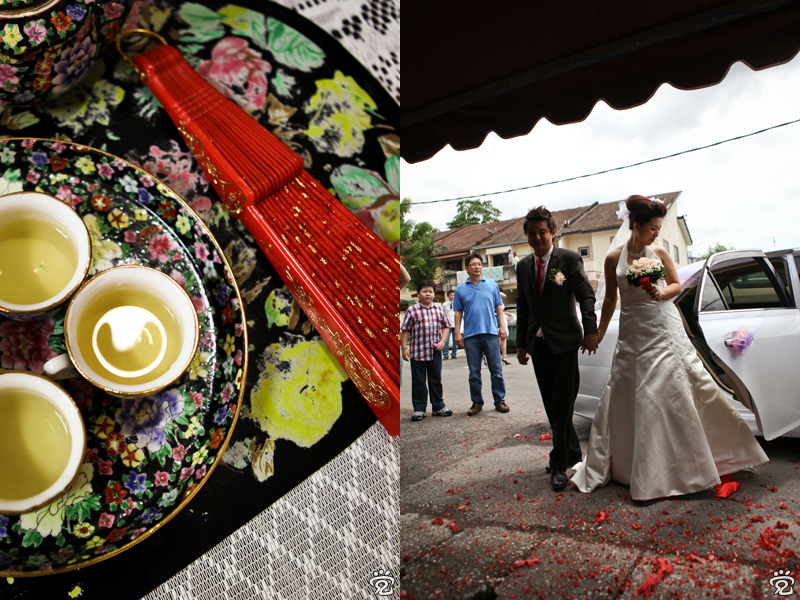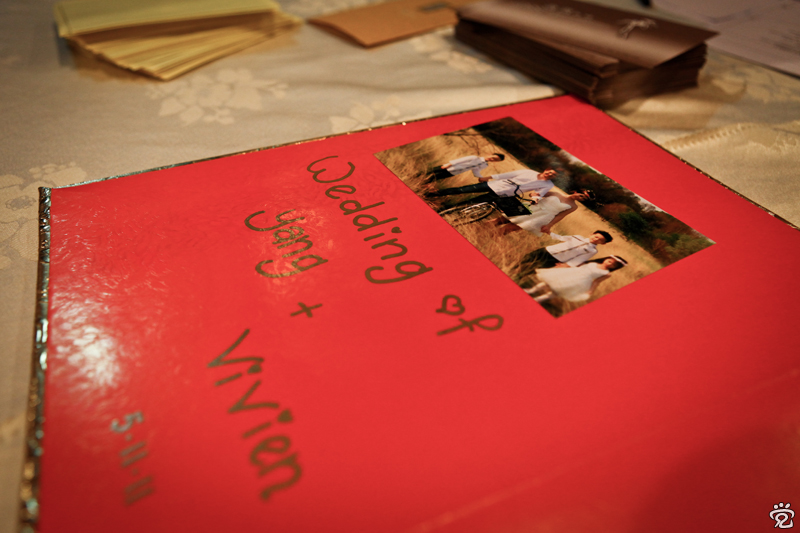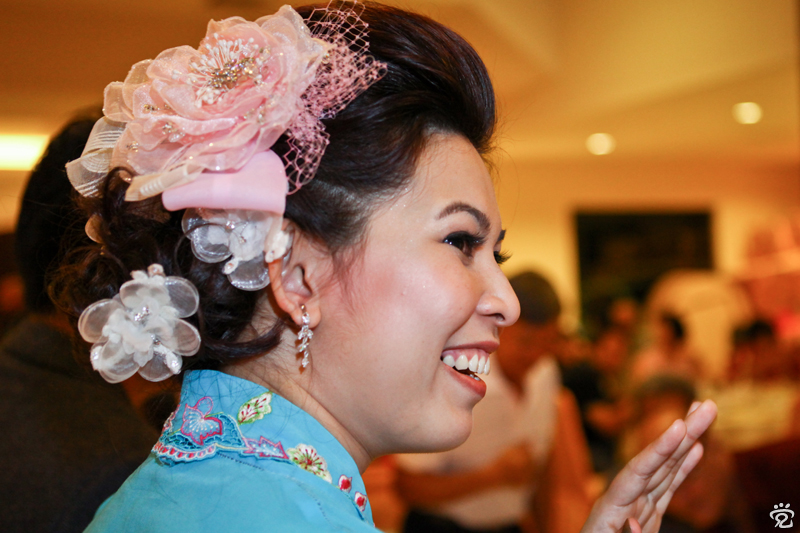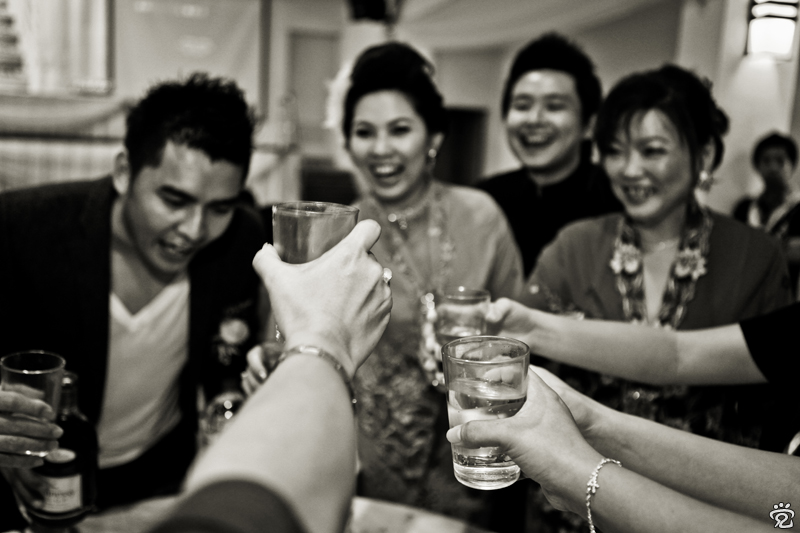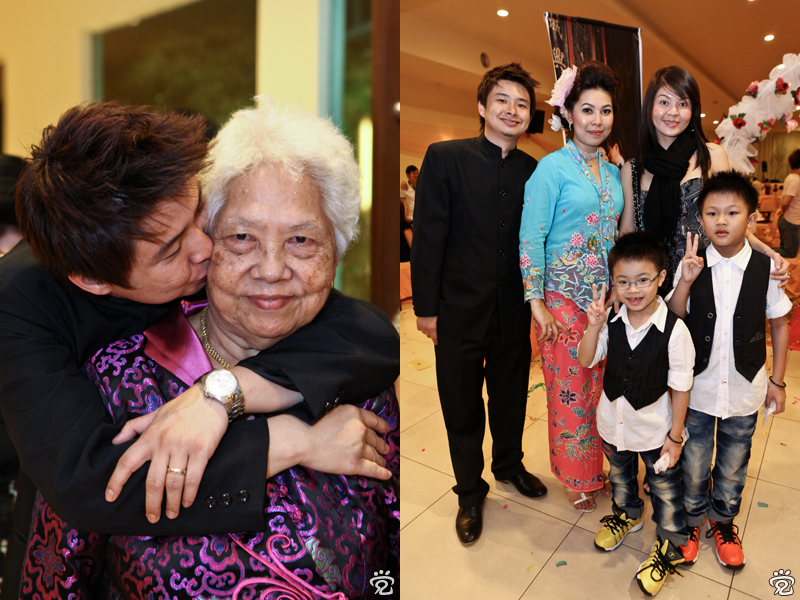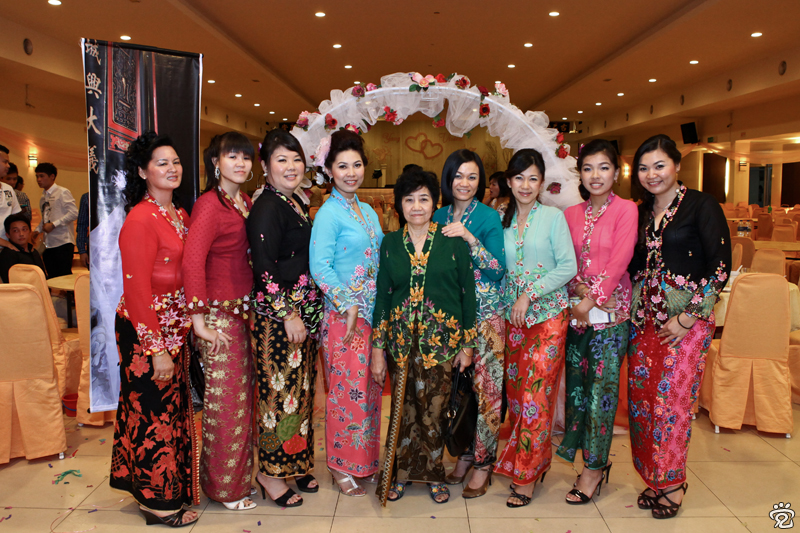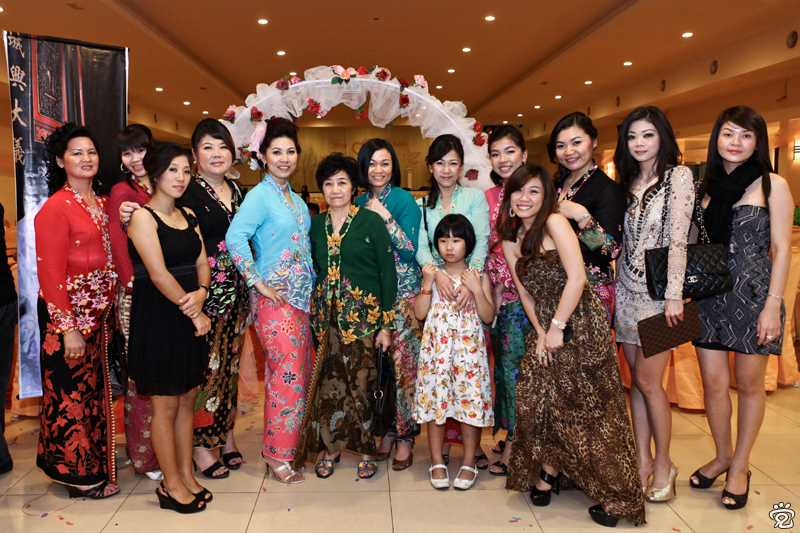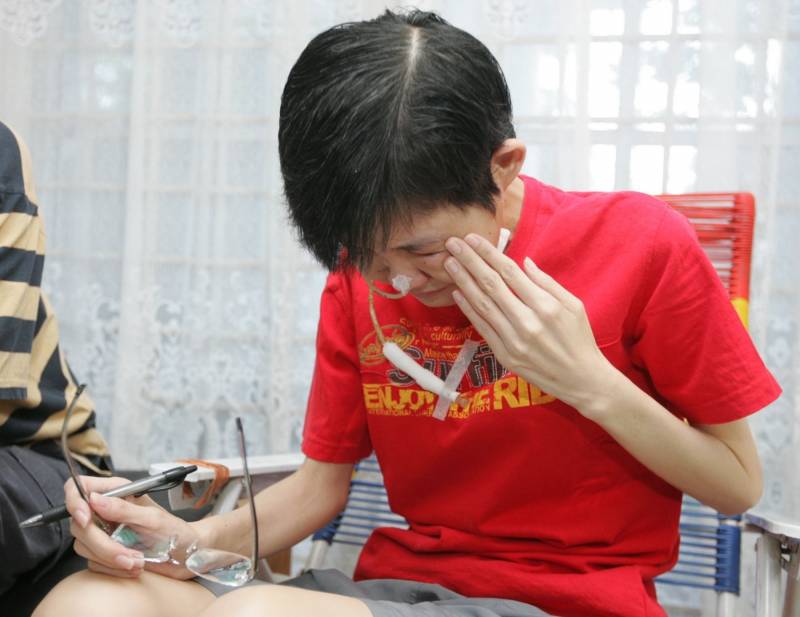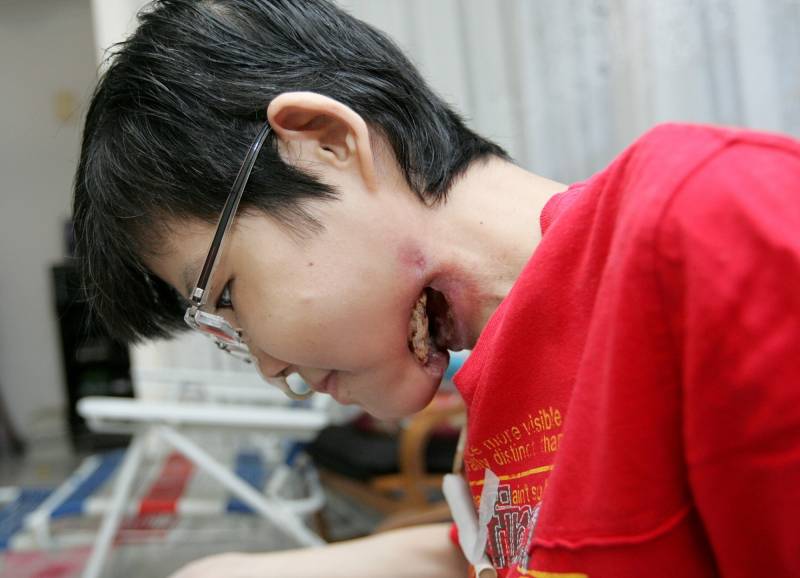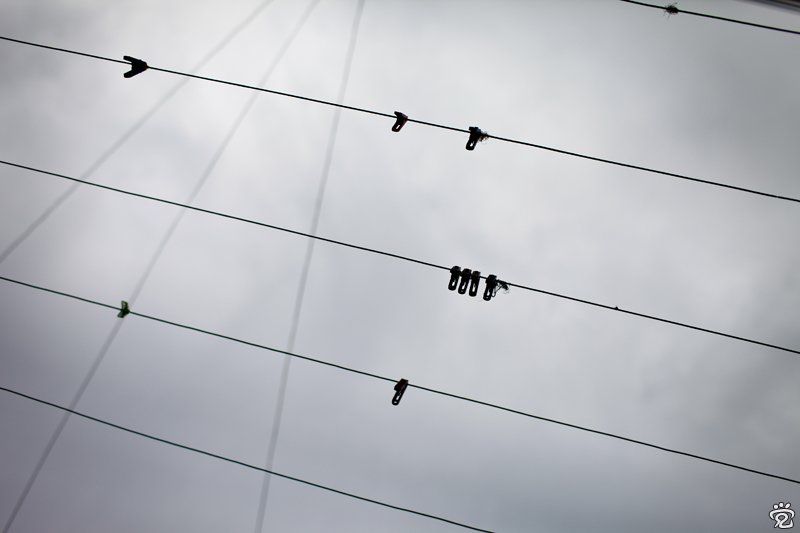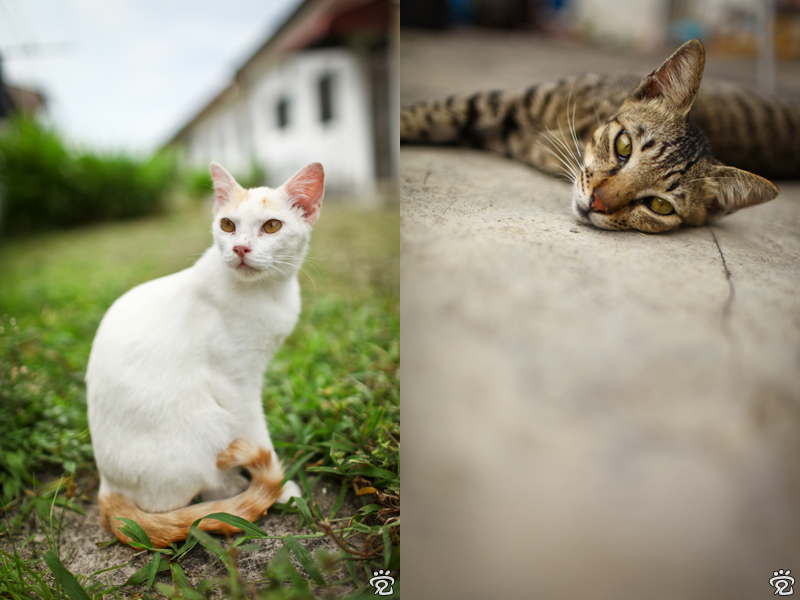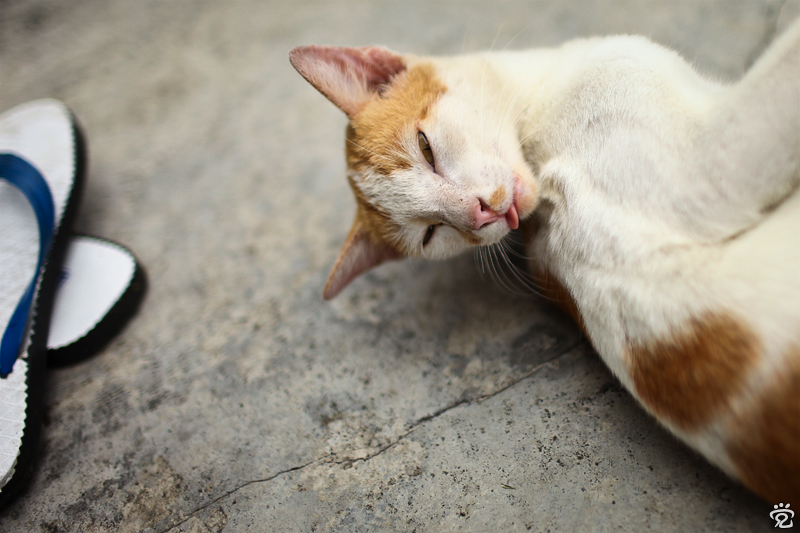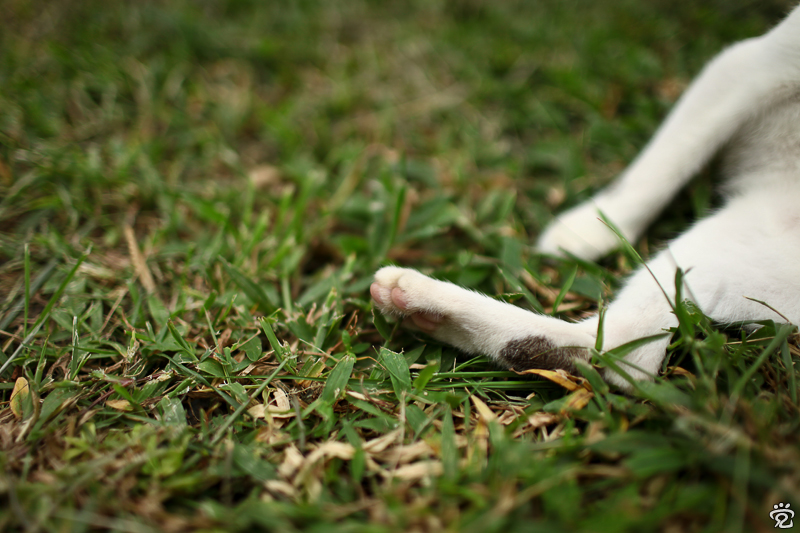
Supporters of the Hong Kong Shark Foundation march along a street to raise awareness for sharks killed each year for their fins, in Hong Kong on September 25. (image by AFP/Getty Images)
HONG KONG — One of Asia’s most prestigious hotel chains said Monday it would stop selling shark fin from January, in a move hailed as a historic breakthrough by campaigners to protect the threatened predators.
The owner of the Peninsula Hotels group said the decision was made “in recognition of the threat facing the global shark population and in line with the company’s sustainability vision”.
“The Hongkong and Shanghai Hotels Ltd., parent company of The Peninsula Hotels, today announced that it will stop serving shark fin at all its group operations, effective 1 January 2012,” the company said in a statement.
The company will honour banquet bookings involving shark fin products made prior to November 21, it added. Shark fin soup is an expensive staple at wedding parties and business banquets in the Hong Kong hotel.
Peninsula operates nine hotels including in Hong Kong, Shanghai, Beijing, Tokyo and New York.
Chief executive officer Clement Kwok said: “By removing shark fin from our menus, we hope that our decision can contribute to preserving the marine ecosystem for the world’s future generations.
“As Asia’s oldest hotel company, we also hope that our decision will inspire other hospitality companies to do the same and that our industry will play a role in helping to preserve the biodiversity of our oceans.”
The ban was announced as the European Commission called for a full ban on shark finning at sea — the practice of slicing off the valuable fins and throwing the body overboard to drown.
Environmental activists have long campaigned for governments to ban or severely restrict the sale of shark fin, commonly used in soup which is regarded as a delicacy and health tonic across much of Asia, especially China.
WWF-Hong Kong says the consumption of shark fins is a driving factor behind the threat to shark populations, with more than 180 species considered threatened in 2010 compared with only 15 in 1996.
An individual serving of shark fin soup includes about 30 grams (one ounce) of fin, and a 12-person bowl sells for HK$1,080 (about $140).
A kilogram (two pounds) of premium dried fin can fetch up to HK$10,000 on the street in Hong Kong, or as little as HK$200 for fins of lesser quality.
The demand is such that Hong Kong is the global focus of the shark fin trade, with WWF estimating that around half of the world?s fin catch passes through the city.
“Hong Kong is the global shark fin capital,” WWF shark conservation programme officer Silvy Pun said, adding that this made Hongkong and Shanghai Hotels’ decision all the more important.
“We think that this is a very brave act and it can inspire others to follow,” she said.
Claire Nouvian, founder of the Bloom Association for marine conservation, said: “I view this as a historical tipping point in Hong Kong and sure hope it will spur change amongst other leading hotels in Hong Kong and its vicinity.”
About 73 million sharks are killed every year, with Hong Kong importing about 10,000 tonnes of fins annually for the past decade, WWF said.
Shark fin soup is regarded as an important status symbol for hosts wanting to demonstrate their wealth in Chinese banquets, and is believed to have various health benefits in traditional medicine.
A Hongkong and Shanghai Hotels spokeswoman would not comment on how much shark fin the chain sold in a normal month. She said commercial considerations were not central to the decision.
“Shark fin is only a small part of the food and beverage selection that we offer to our guests,” she told AFP, asking not to be named.
“Obviously the adoption of this policy will have some revenue implications but this is a challenge and we are happy to acknowledge that we are doing the best thing for the environment.”
November to January is seen as the peak season for shark fin consumption in Hong Kong, because of end-of-year office parties and a number of “lucky days” which are popular wedding dates.
The European Commission called Monday for all vessels fishing in EU waters and EU vessels fishing elsewhere “to land sharks with the fins still attached”, in a proposal that must be adopted by parliament and 27 member states in order to become law.
EU nations account for 14 percent of the world’s shark catches.
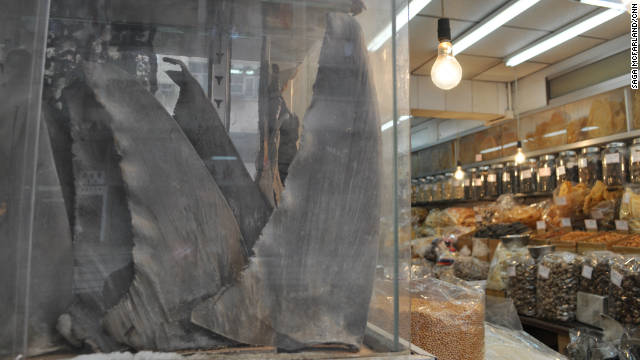
Shark fins are displayed at a dried sea food store on Hong Kong's Dried Seafood Street. (image by Saga McFarland/CNN)
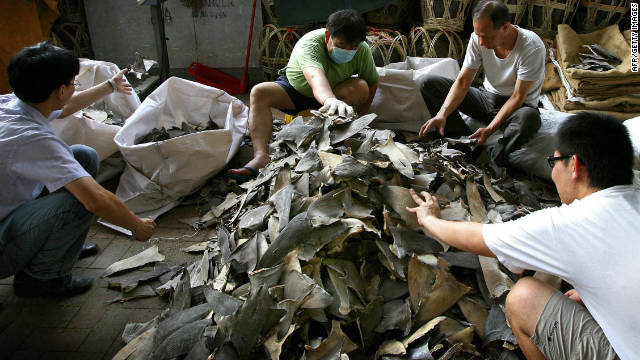
Workers prepare shark fins for sale in Hong Kong on September 1, 2007. Almost 80% of Hong Kongers now consider it socially acceptable to leave shark fin soup off the menu. (image by AFP/Getty Images)
by Stephen Coates (AFP)
[source: AFP]
